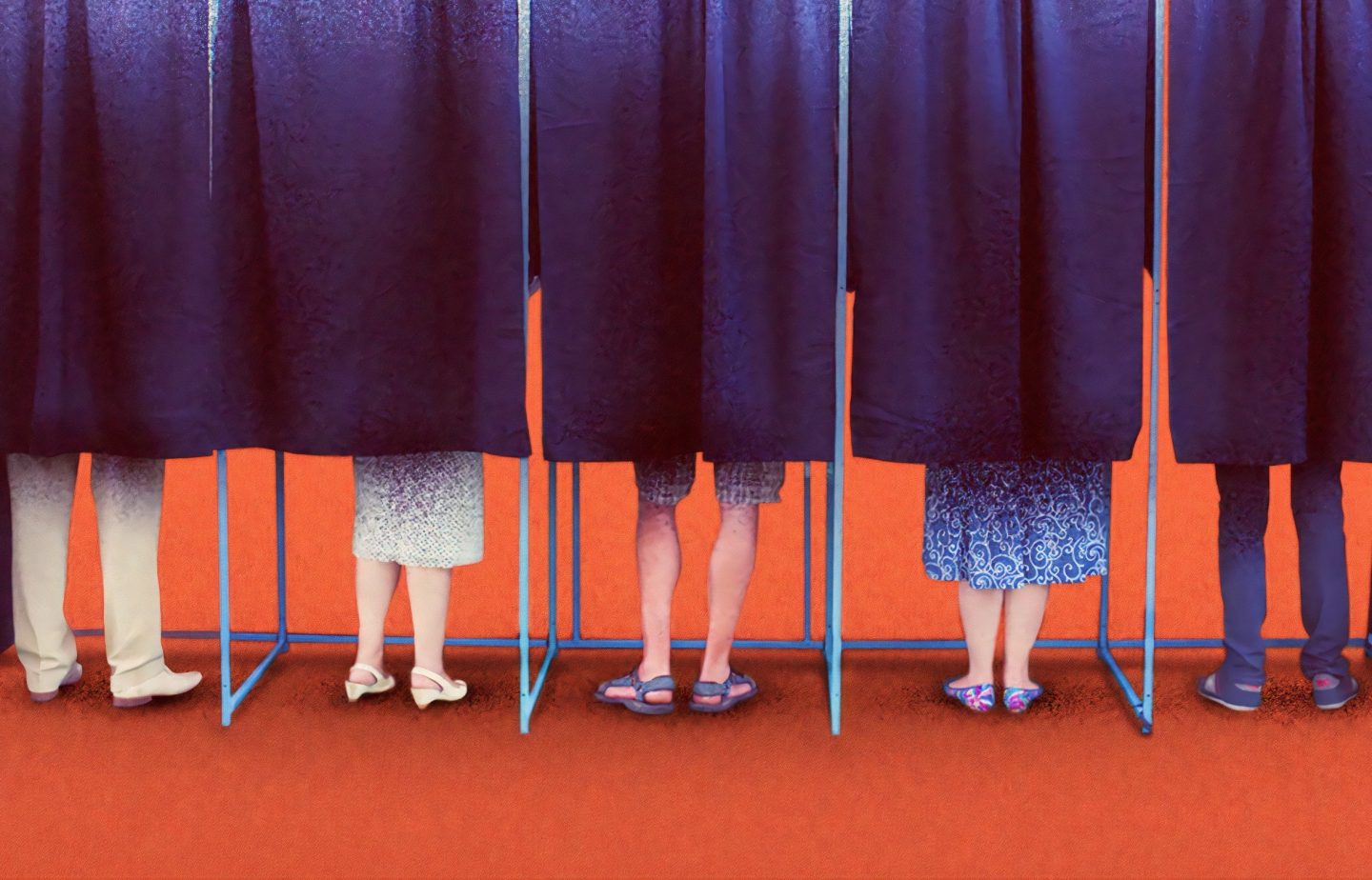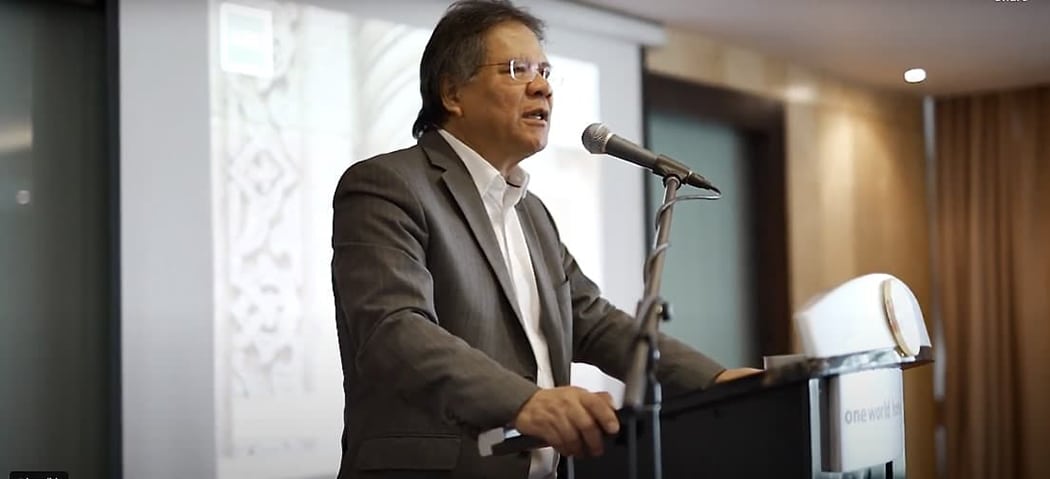“Let us not forget we are one nation”: A Christian perspective on GE 2020
Rev Dr Leonard Wee // July 7, 2020, 5:33 pm

As Polling Day approaches, how do you vote with God-centred wisdom? Here are some questions we should ask ourselves as Christians. Photo by Morning Brew on Unsplash
Once again, the tiny island of Singapore would soon be electing its leaders to govern the nation for the next five years. The 2020 General Elections has been announced, and Singaporeans would be casting their votes for these parliamentary leaders on July 10, 2020, our Polling Day.
It is without doubt a most important event in our country — the well-being of Singapore is dependent on the quality of its leadership at all levels and in all segments of our society, beginning with the top, notwithstanding the fact that all blessings ultimately come from God.
Placed by the Most High
Christians are reminded from Scripture that all civil authorities, including those in the government, are appointed by God.
A Christian’s prayerful vote becomes God’s instrument for the selection of leaders.
The apostle Paul says in Romans 13:1: “For there is no authority except from God, and those that exist have been instituted by God.” The point to note here is that even the secular authorities are set in place by the will of God.
Nebuchadnezzar, the king of Babylon, echoes this when he says: “The Most High rules the kingdom of men and gives it to whom he will and sets over it the lowliest of men” (Daniel 4:17). Nebuchadnezzar was a pagan king and, according to the Bible, even he acknowledged that God gave him the right to rule.
It is a Christian duty for followers of Jesus, as well as a civic responsibility, to vote conscientiously for those who are standing for elections, whichever political party they belong to. Their prayerful vote becomes God’s instrument for the selection of leaders, albeit in a non-ecclesial context.
The well-known scholar on John Calvin’s teachings, John T. McNeill, once wrote that since governments make decisions that affect the Christian community, Christians are to be concerned for the affairs of civil government.
As citizens of the nation, the Church has a compelling prerogative to contribute to the well-being of their country.
My identity as a Christian and my role as a citizen are interrelated. As citizens of the nation, the church and its members have a compelling prerogative to contribute to the well-being of their society or country. The lowest denominator for them is, to the best of their godly discernment, to elect political leaders who would serve well.
Therefore, as fellow Singaporeans and residents, let us unite in prayer for the upcoming General Elections, that God would put in place the kind of leaders who would serve the people conscientiously – those who can lead with wisdom and a clear conscience, and who would place the well-being of the country above personal or even party interests.
Those who cast their votes to nominate these leaders should do so with God-centred wisdom. Each one must decide which candidate can better serve his/her constituency and the country at large.
Our choice of leaders
In this regard, allow me to offer a few points to assist us in this endeavour, when we pray for the nation and decide on our choice of leaders.
There are a few questions that we need to ask:
When the elections are over and the choices have been made, let us not forget we are one nation.
- Is the candidate sincere in serving the people and would put their interests above his/her own as a Member of Parliament?
- Is the candidate righteous and would uphold values that are morally and ethically sound? For the Christian, the Bible is the basis of our moral vision, and there is no need for us to apologise for that. While we are not looking for leaders who are favourably biased towards the Christian faith (on the contrary, we hope that they would be fair to all people, regardless of race or religion), Christians have the right and duty to vote according to their standards of morality and conscience.
- Is the candidate a compassionate shepherd (just as King Cyrus is called a shepherd, Isaiah 44:28) who will fend for the poor, the weak, the elderly, the helpless and those with special needs in our society? We are compelled by the love of Christ for our neighbours to work for the common good of all humanity, and this includes our choice of leaders who will be given the power to make a difference, whichever party they belong to.
- Does the candidate have the moral courage to uphold what is right, just and truthful? Such leaders are much needed in our increasingly corrupt world. Without moral courage, leaders will never build strong societies.
This list of qualities is by no means exhaustive. We have not discussed the competencies of candidates, their communication and interpersonal skills, intellect, viewpoints, and so on. These would also contribute to the overall effectiveness of a leader.
What we have sought to do, rather, is to highlight the fundamental qualities that lead to good and caring leadership.
For the good of the nation
Admittedly, we only get to hear or read about many of the candidates through the news and other mass media close to the elections. We do not have the luxury of observing their character or competence over any length of time. This is where careful discernment in understanding whatever is said or heard becomes especially important in making our decisions.
May we carry out our civil responsibilities for the good of the nation, in response to His injunction to be salt and light.
The responsibility is on us to follow the news and be aware that there are bias and influences in each media. We should pray for fairness and opportunity for the different voices to be heard, in the spirit of the parliamentary system.
Finally, when we come to the point where all is said and done, and the elections are over and the choices have been made, let us not forget that we remain as one nation.
If the sovereignty of God extends to the leaders who are chosen through the collective votes of the people, notwithstanding in a secular context, we should also be acquiesced in the knowledge that the will of God has been made evident.
The apostle Paul, after telling the Christians in Rome that governments are instituted by God (Romans 13:1), goes on to tell them to pay their taxes, and to respect their authority (Romans 13:7).
May the Lord bless his people as we carry out our civil responsibilities for the good of the nation, in response to his injunction to be salt and light to the world. Amen.
This is an extract of an article first published by The Presbyterian Church in Singapore, and is republished with permission.
We are an independent, non-profit organisation that relies on the generosity of our readers, such as yourself, to continue serving the kingdom. Every dollar donated goes directly back into our editorial coverage.
Would you consider partnering with us in our kingdom work by supporting us financially, either as a one-off donation, or a recurring pledge?
Support Salt&Light




